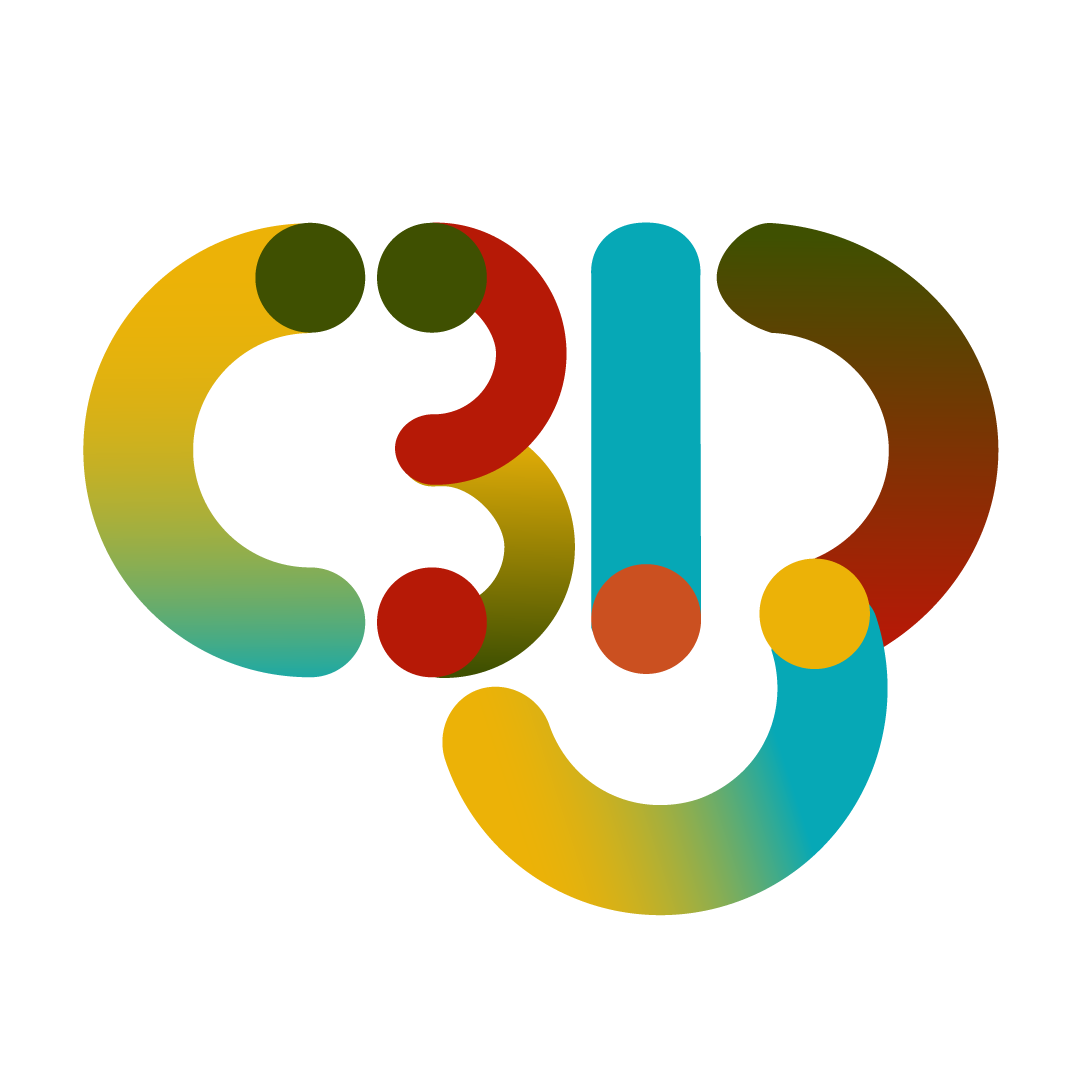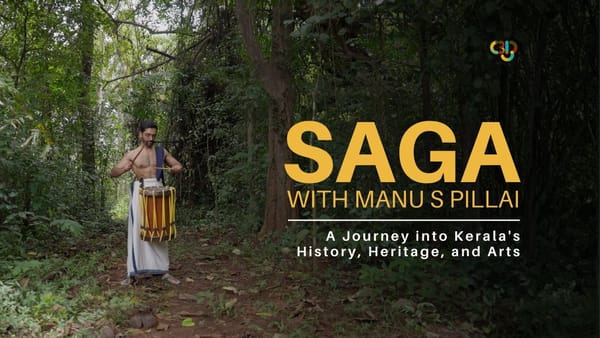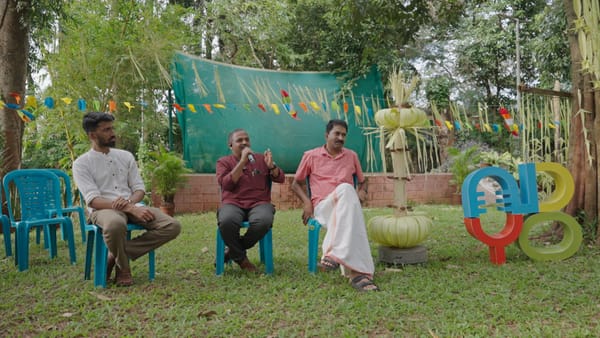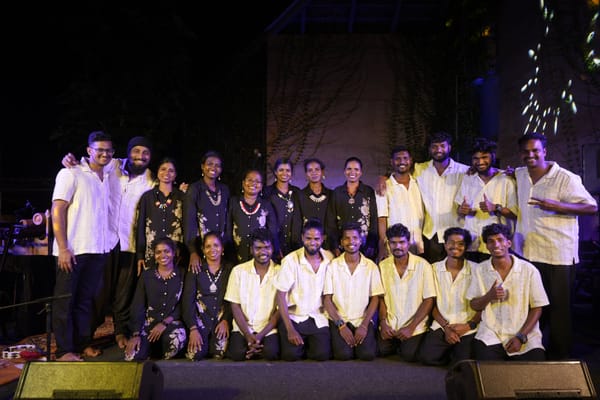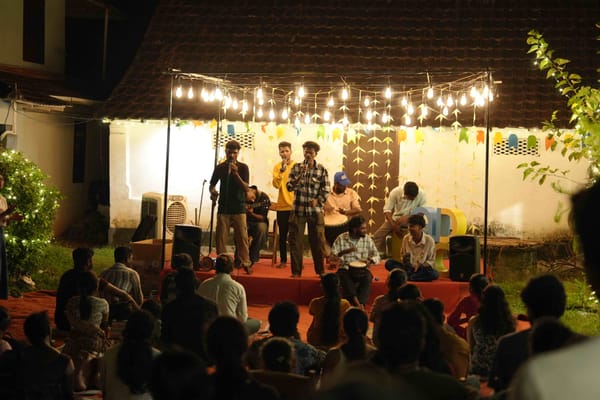We’re Building Ethical Foundation for AI in Heritage
The projects ARPO Earthlore and ARPO LoreKeepers are crucial for the age of AI. They create the ethical blueprint by demanding consent and fighting bias, ensuring future heritage AI is built on fairness.
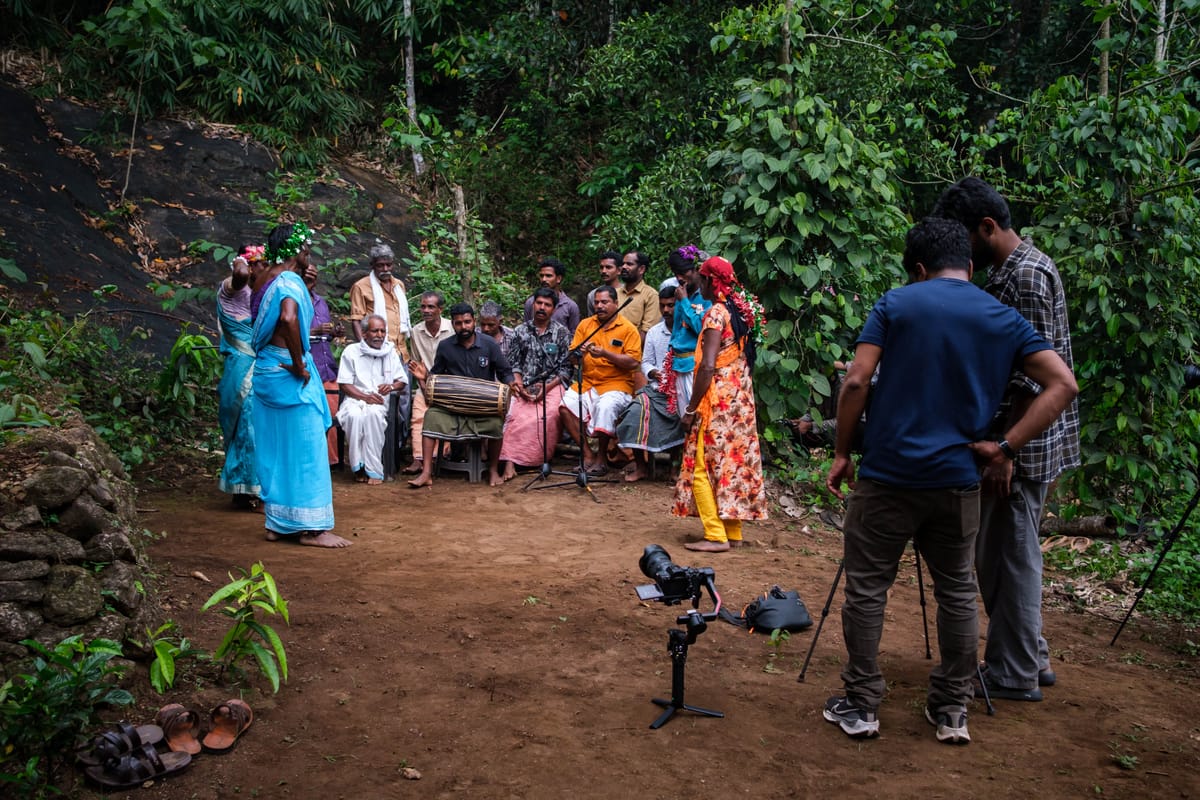
The conversation around AI in cultural heritage is getting louder. We hear all about the amazing things machine learning can do—restoring artefacts, translating ancient texts, and cataloguing massive collections. But here at ARPO, we know that before any algorithm is written, there's a more fundamental question: Is the data ethical?
That's where projects like ARPO Earthlore and ARPO LoreKeepers come in. While we might not be coding complex AI models right now, we are creating the ethical blueprint for future digital preservation. Our work is essential because it guarantees that when AI is finally applied to our archives, it will be done justly, inclusively, and with respect.
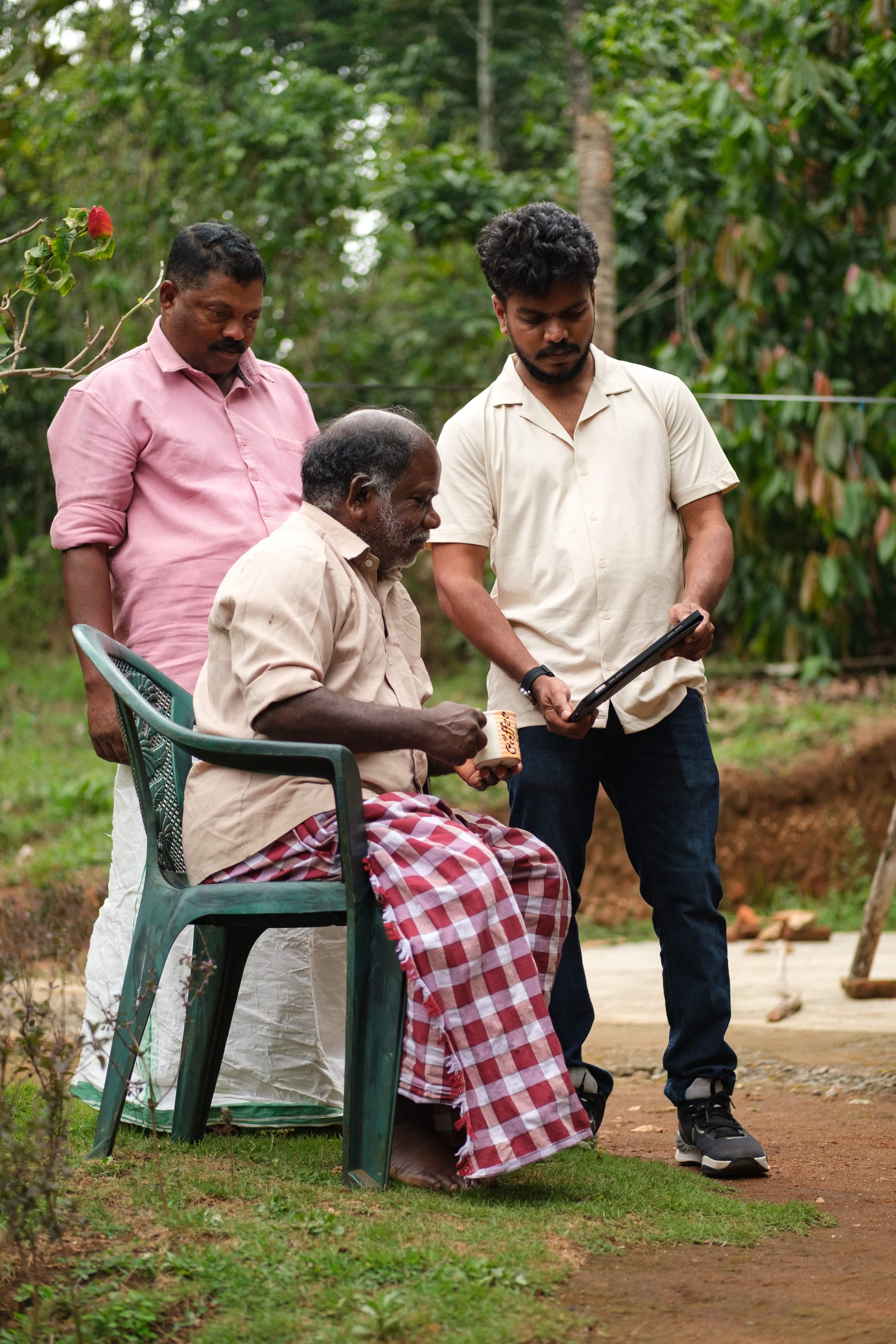
Tackling the Root of AI’s Biggest Problem: Bias
The biggest threat AI poses isn't technological error; it's algorithmic bias. AI systems learn from the data they're fed. If the data is skewed, biased, or incomplete—if it ignores certain communities—the resulting AI will simply perpetuate that inequality.
Our core mission actively combats this:
- Data Decolonization in Practice: The LoreKeepers Project focuses specifically on safeguarding the vanishing folklore of marginalized tribal and Dalit communities. By painstakingly documenting these rich traditions, often overlooked by mainstream institutions, we are building a dataset that is inherently anti-biased and representative. We’re not waiting for an AI to show us its blind spots; we’re filling those gaps with the voices of the people themselves.
- Cultural Sovereignty First: Every decision we make is guided by the principle of community consent and ownership. Our use of open, free licensing for the LoreKeepers archive ensures that the people who created this heritage—the families, the elders, the LoreKeepers—retain control. This is the ultimate safeguard against "algorithmic colonialism," where external entities profit from or misinterpret cultural assets. We're showing that technology can empower, not exploit.
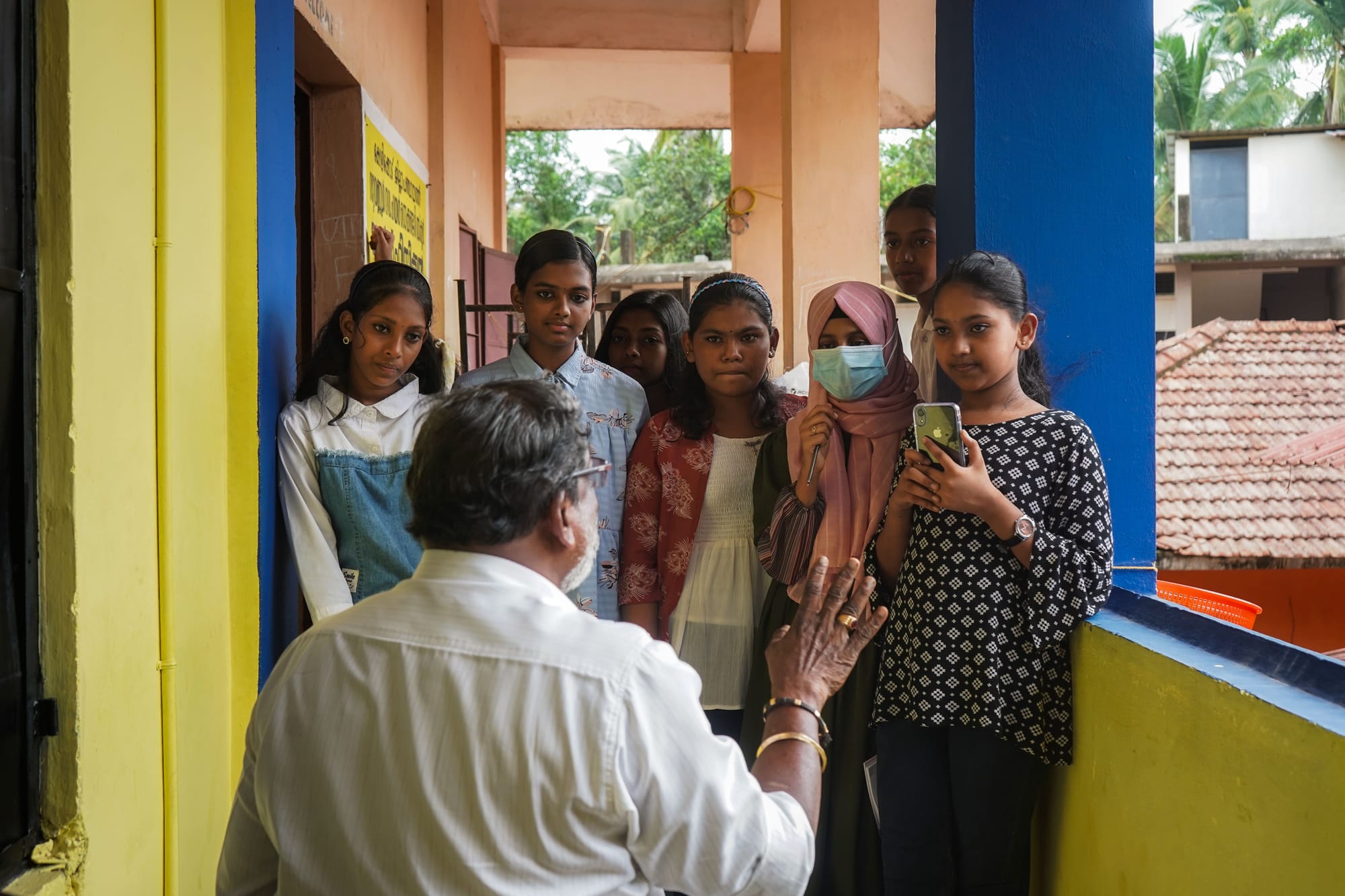
The Human Element: We're Not Replaceable
The philosophical debate around AI often fears that machines will challenge human authority over cultural memory. Our projects are living proof that technology should serve, not supplant, the human element.
- Technology as a Tool, Not a Master: Whether we use a smartphone for crowdsourcing (LoreKeepers) or professional audio gear for collaboration (Earthlore), the digital tool is always subordinate to the human expert. The Earthlore Project, for example, facilitates collaboration between traditional tribal artists and professional musicians, ensuring that human creativity, cultural interpretation, and judgment remain central. We see the technology as a means to amplify, sustain, and share knowledge, not a replacement for it.
- Anchoring Authenticity: Our approach grounds the digital archive in the authentic voice and performance of the community. We focus on capturing the source material truthfully, with full context. This ensures that the cultural memory we preserve is exactly what the community intends it to be.
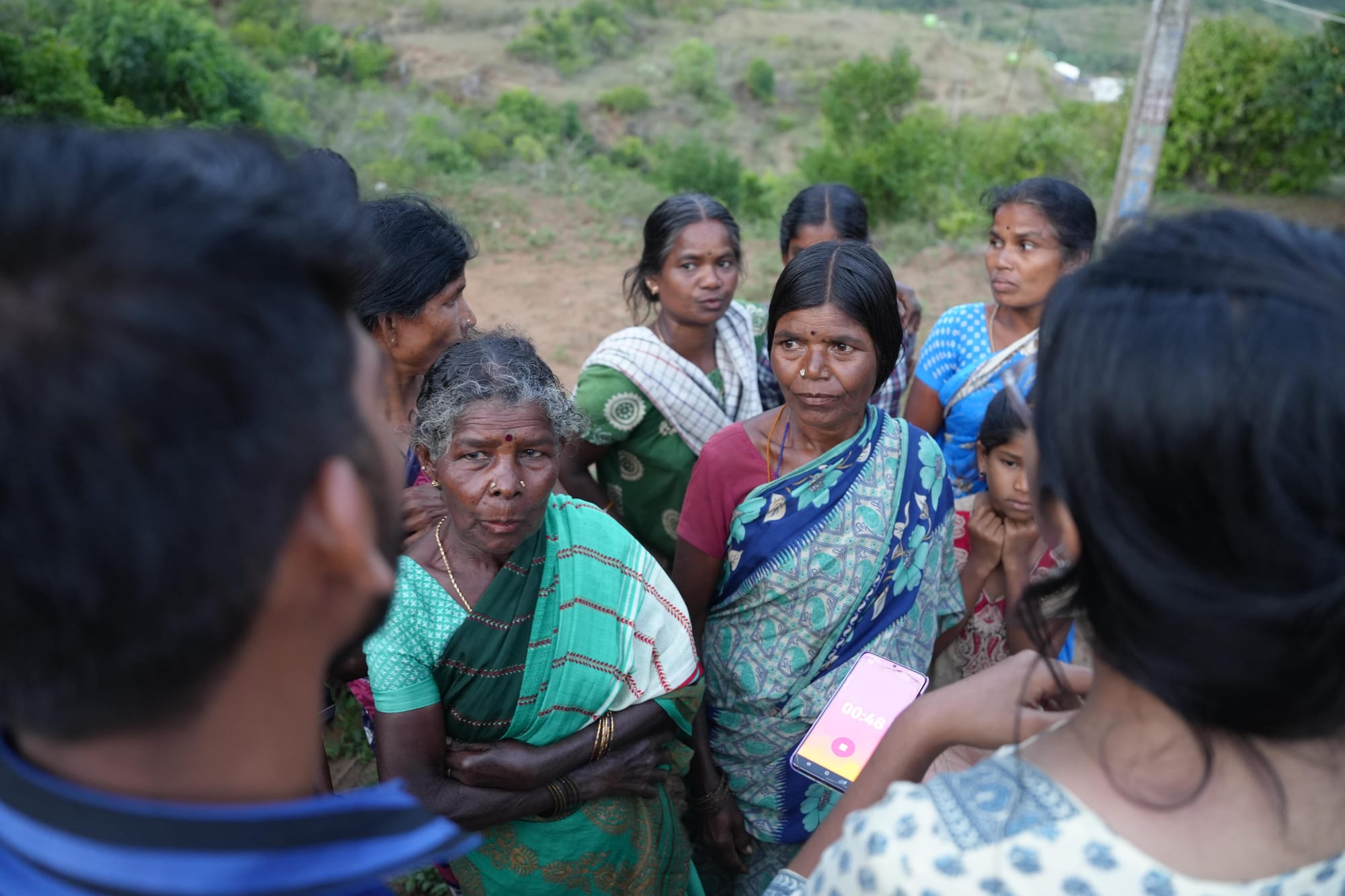
ARPO: Your Blueprint for Ethical Engagement
Simply put, We are demonstrating the core ethical principles that must guide any future technological endeavor in this space: Transparency, Accountability, Fairness, and Cultural Empathy.
By prioritizing the source community, guaranteeing fair benefit-sharing, and actively correcting historical data imbalances, we ensure that any AI system built on our foundation will be robust, just, and truly representative of our pluralistic heritage. We're not just archiving the past; we're building the ethical future.
Want to be part of the ethical solution? You can contribute to the LoreKeepers archive or support the Earthlore Fellowship. Let's make sure the future of AI in heritage is a fair one.
